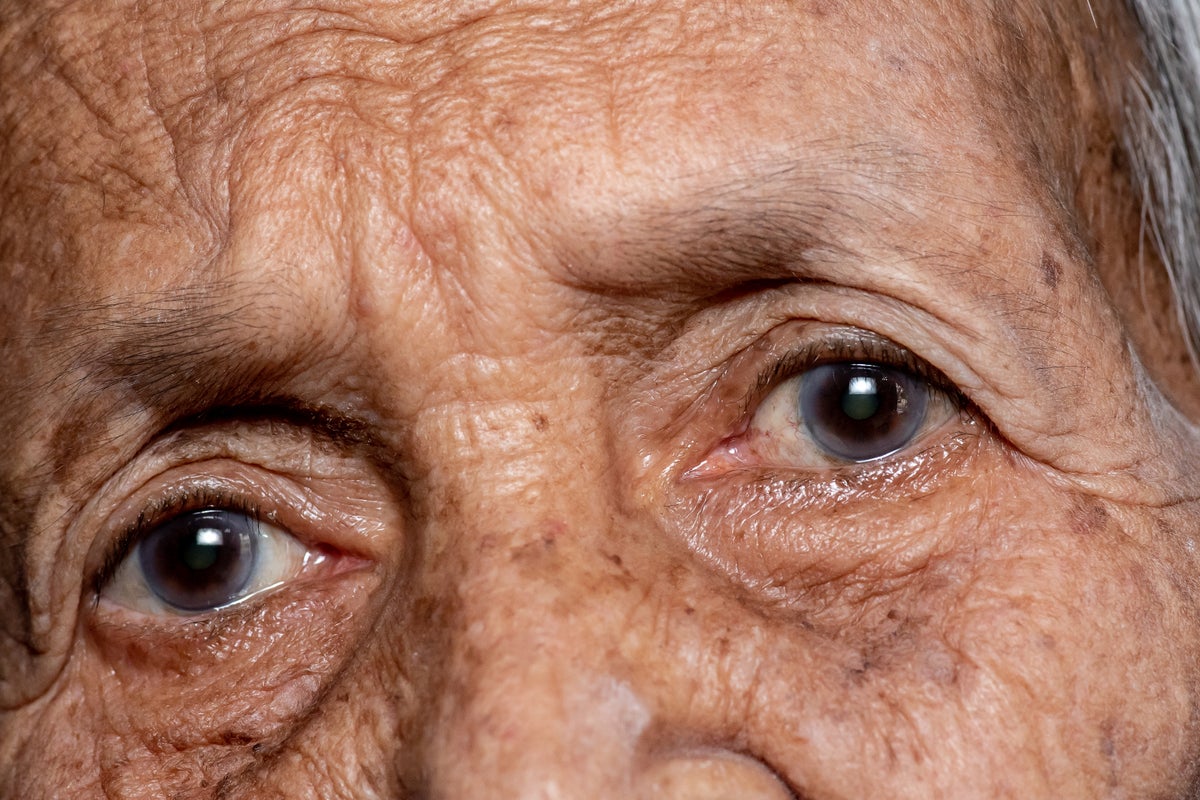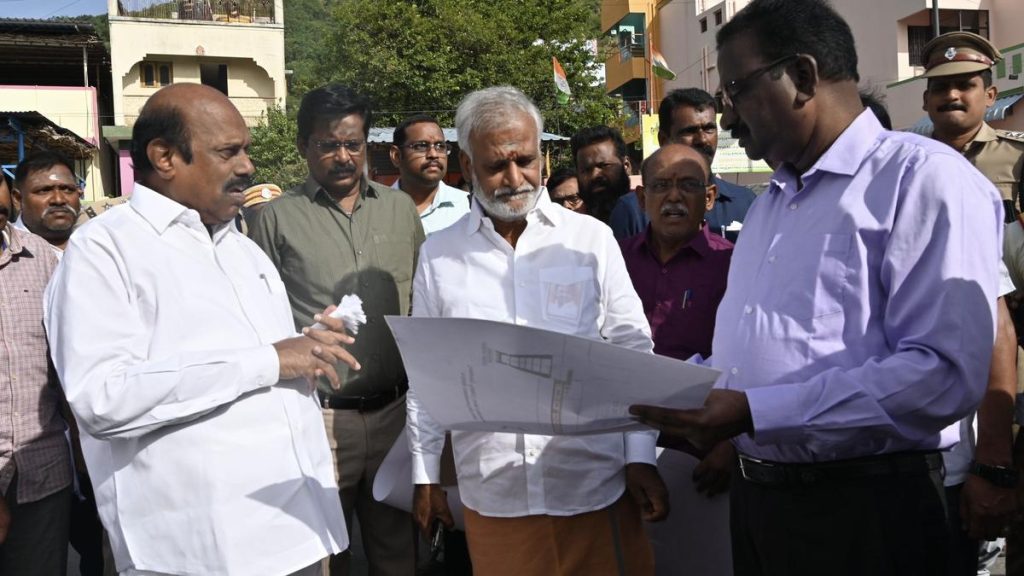Now Reading: Do Politics Shape How Countries Age?
-
01
Do Politics Shape How Countries Age?
Do Politics Shape How Countries Age?

Quick Summary
- A study published in Nature Medicine links social inequality and weakened democratic institutions to accelerated aging. Education is identified as a key protective factor against faster aging.
- The study analyzed data from 161,981 participants across 40 countries spanning Latin America, Europe, Asia, and Africa. Harmonizing the datasets took three years.
- researchers used a machine-learning model to calculate each individual’s biobehavioural age gap-i.e., the difference between chronological age and predicted biological age based on risk factors like high blood pressure or heart disease.
- Top medical risk factors included high blood pressure, heart disease, hearing impairment, while education and cognitive abilities provided important protection against faster aging. Factors like physical activity and good memory also helped slow aging progression.
- Countries with eroding democracy (e.g., restricted voting rights) showed stronger connections to accelerated aging; egypt and South Africa were reported to have the fastest rates of aging compared to European nations with slower rates of aging.
- Lifestyle risks like air pollution exposure alongside social inequality were highlighted as contributing variables for premature biological decline.
- Stress-related inflammation might potentially be involved in linking socio-political stresses with physical health deterioration over time.
- Researchers noted limitations in studying long-term effects due to shorter follow-up periods (max 4 years).
Image Caption: Close-up photo of older person’s eyes reflecting worry – Pinglabel/Getty Images.
Indian Opinion Analysis
The study has global relevance but holds particular implications for India given its socio-economic challenges and concerns around environmental degradation such as air pollution-both factors tied directly to heightened biological stressors associated with accelerated aging. India’s efforts towards global access to education coudl have tangible public health benefits by countering premature cognitive decline associated with systemic inequalities highlighted by this research.
However, broader policy interventions targeting improvement in political clarity-a facet linked here with better national health outcomes-may further elevate societal well-being beyond customary healthcare initiatives alone. While limitations exist concerning short observational periods within some datasets used globally; harmonized worldwide metrics outlined groundwork scalable test-framework diagnostic/aid longer viability-model-institutions-layer reforms monitoring ‘biological stress reliance’ trends measurable actionable policy indices-layer enriched domestic applications/extensions hope

























